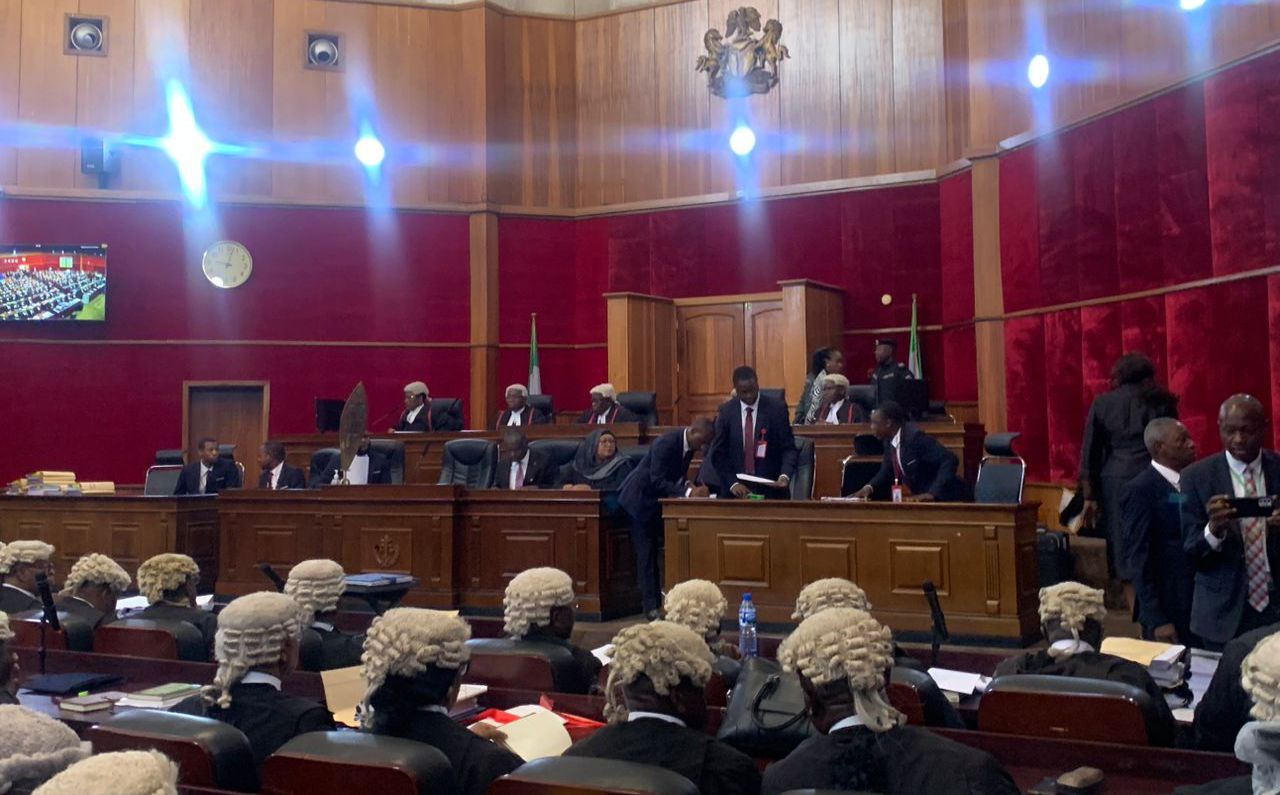Reflections on the #PEPTJudgment on the 2023 Nigeria general elections
Nigeria is a very fascinating place in a somewhat weird way.
Every other day, I marvel at the hypocrisy in the country. On the one hand, we claim to be moral and fight tooth and nail to uphold such morality, but on the other hand, we support and wallow in immorality and dishonesty, which speaks volumes of the normalized hypocrisy that exists in the country.
There is a strong sense of morality and uprightness in Nigeria. People are conditioned to “behave accordingly,” mostly induced or influenced by religion or cultural narratives. We are told to respect our elders, emulate good people in the community, and treat others as we want to be treated. When you go off to boarding school or university for the first time, parents sit and lecture you on how to behave far away from home and how not to forget “the child of whom you are”. As someone who grew up in that environment, I really do appreciate the discipline instilled through these structures, even though sometimes I think they go too far. But that’s another story.
On the other hand, it is also a country that turns a blind eye to injustice, emboldens evil and empowers powerful elites in society to continue to wallow in their wickedness. It is in Nigeria that people will literally accuse you of being indecent if you have dreadlocks, keep a beard, or wear too much makeup and jewelry; but the very same people are unable to stand against the injustice of the political elite against the powerless in the society. What sort of normalized hypocrisy is this?!
People cannot stand up for injustice against older crooked politicians who have drug cases but they can stand up to the young ones who “dress indecently” or “commit fraud.” Haba!
I find it perplexing that you find these two contrasting characteristics in Nigeria almost simultaneously and in the same place everywhere. It is mind-boggling, to say the least, that a society that proclaims to be upright when it comes to policing people in terms of their dressing or even banning alcohol like in some northern states like Kano cannot take a stand on the drug case of Tinubu, the certificate forgery and the other issues that cast a shadow on his candidacy.
We go about in our hypocritical regalia trying to caution others to be decent in their interactions, to shun evil, not do drugs or become fraudsters but we turn a blind eye to the baffling cases that scream of indecency by certain political elites just because they are our “favorites” for whatever reasons.
I have said this before and I’ll say it again: the problem of the #PEPTjudgment is not really about Peter Obi winning for me; it’s about the path that Tinubu took to get to power and how we are refusing to acknowledge the crimes that he has committed; crimes that are visible to the blind and audible to the deaf.
How do we look into the faces of the next generation and warn them to shun evil? How do we still tell them that education pays when those who were educated and meant to deliver an objective judgment blatantly failed to do so? What precedent does a so-called president set for the next generation in light of all these allegations? Are there no other credible candidates who can manage the affairs of the country other than a septuagenarian who has undermined all due processes involved in the democratic procedures of the country? How do we convince the next generation that hard work pays when they can deal drugs to escape the whims of poverty quickly?
Again, I know people will say he was not convicted in Nigeria, but to have this mammoth of issues hovering around your head should surely be enough to say, Sir, please go and rest and fix this issue and let someone else take charge. But no, we always glorify and throw our full support behind these old criminals while telling the young ones to “respect” these same “elders” and “shun evil.” To say it is fascinating is an understatement, in fact.
These are interesting times for Nigeria. And I strongly believe that only Nigerians can save Nigeria—not the selfish political elite, not the hypocritical self-proclaimed “moral police” in our communities, and certainly not the compromised judiciary or so-called “lordships”.
